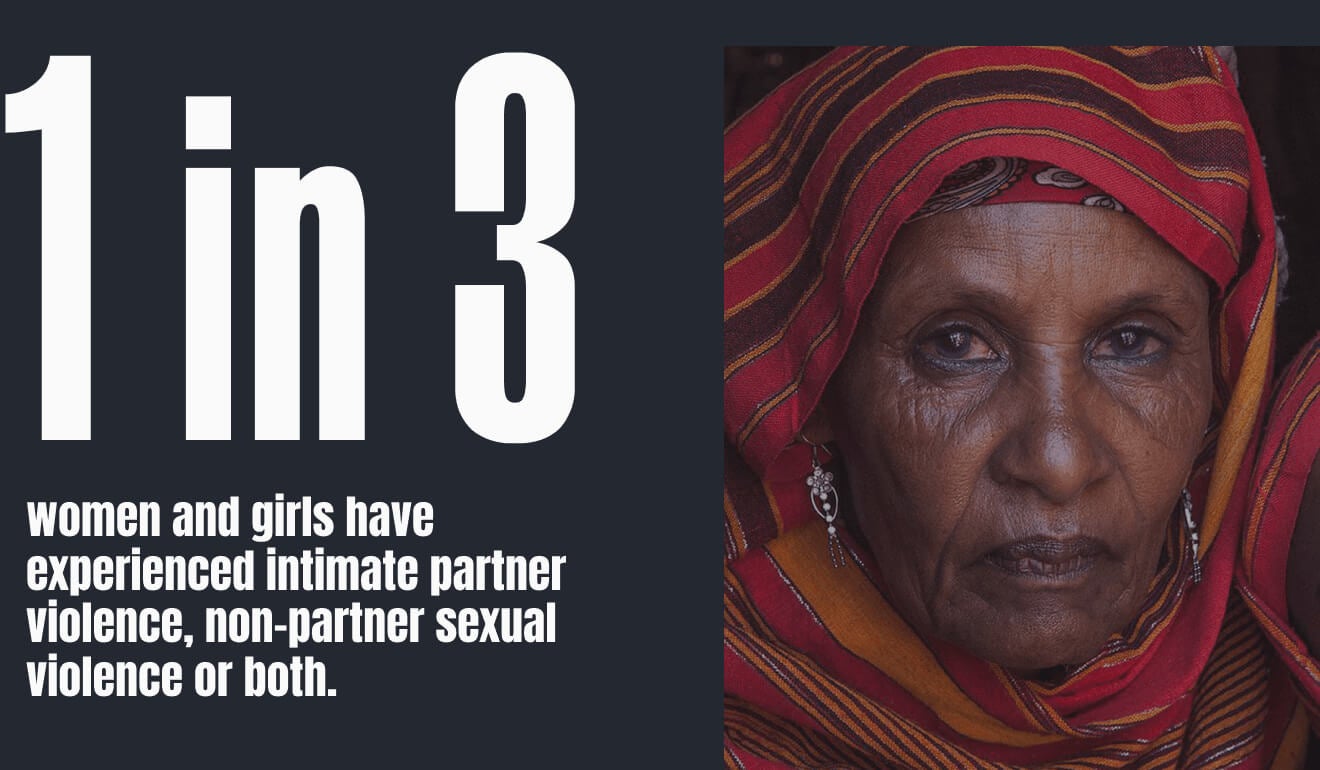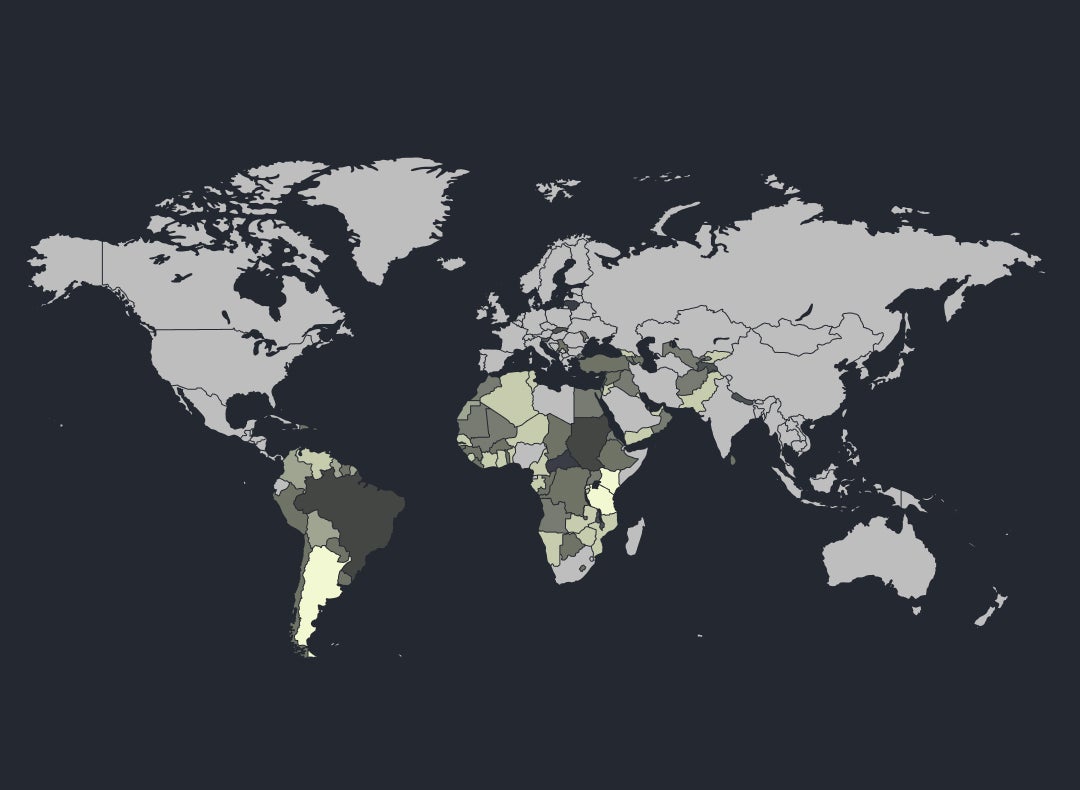The La Esperanza shelter has seen increased demand throughout the COVID-19 pandemic. In Nicaragua, as elsewhere, the impacts of the crisis – service disruptions, economic strain, social isolation – have exacerbated pre-existing inequalities, vulnerabilities and risks, and have driven an upsurge in gender-based violence.
“We have to recognize that violence is a pandemic, too,” says Lídice Chávez of Voces Caribeñas, a women’s organization mobilizing against gender inequality and racism.
Both pandemics are having a disproportionate impact on Nicaragua’s most vulnerable populations – including women and girls from Afro-descendant and Indigenous communities, especially those in remote and rural areas, as well as LGBTQI+ individuals.
Partnerships with local civil society organizations are critical for addressing gender-based violence in a way that ensures services are tailored to reach these communities and protects their human rights. In Nicaragua, alongside Voces Caribeñas and the Nidia White Women’s Movement, UNFPA partners with the Trans Network of Nicaragua and the Network of Afro-descendent Women of Latin America, the Caribbean and the Diaspora.
These civil society organizations run UNFPA-supported programmes that house and care for survivors, at La Esperanza and other shelters; ensure that child and adolescent survivors continue their education; provide mental health care; facilitate access to justice by providing legal support; and distribute information on both COVID-19 and gender-based violence.



